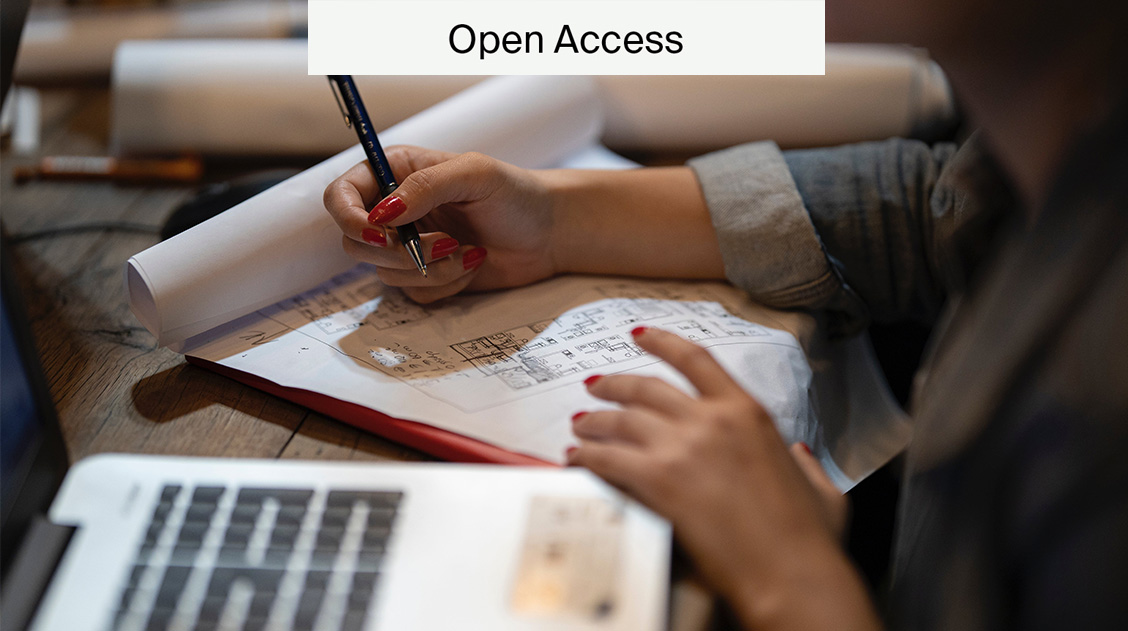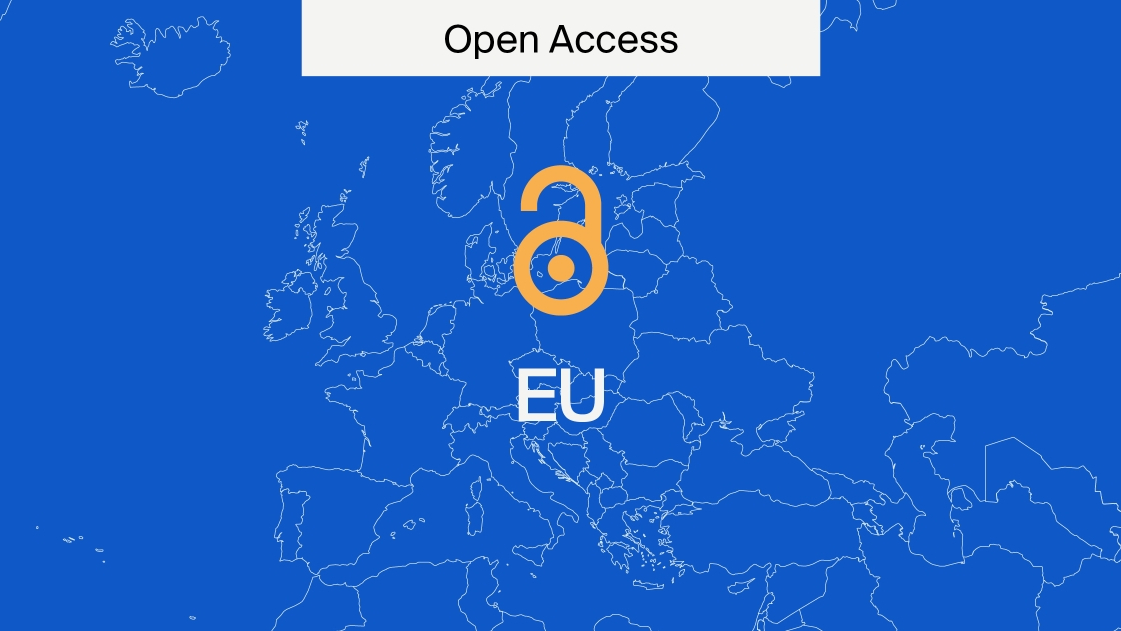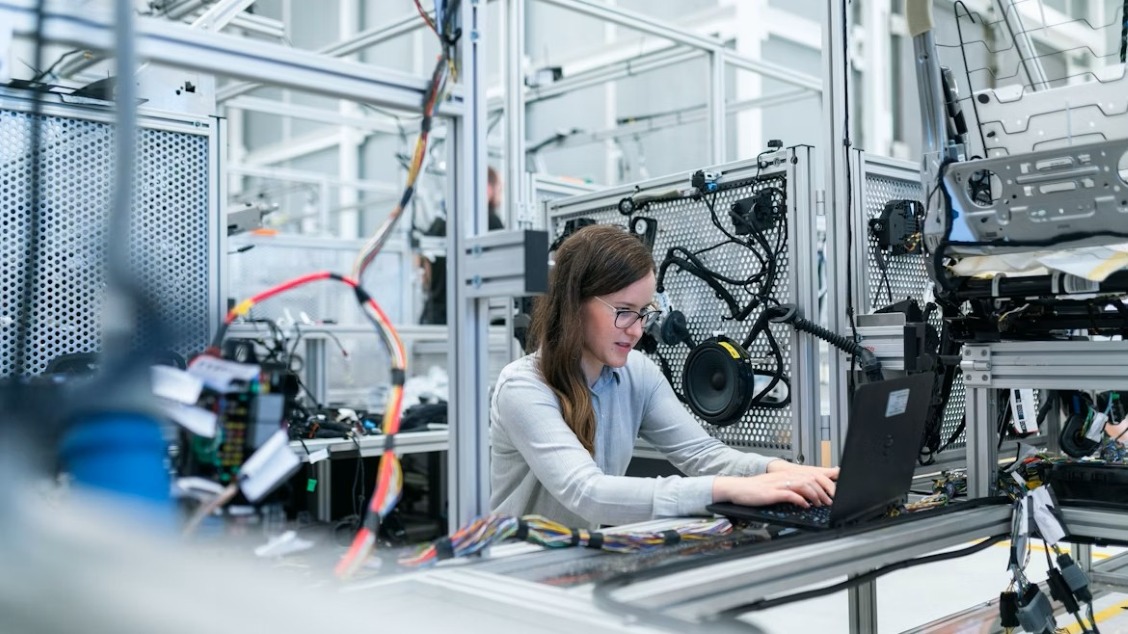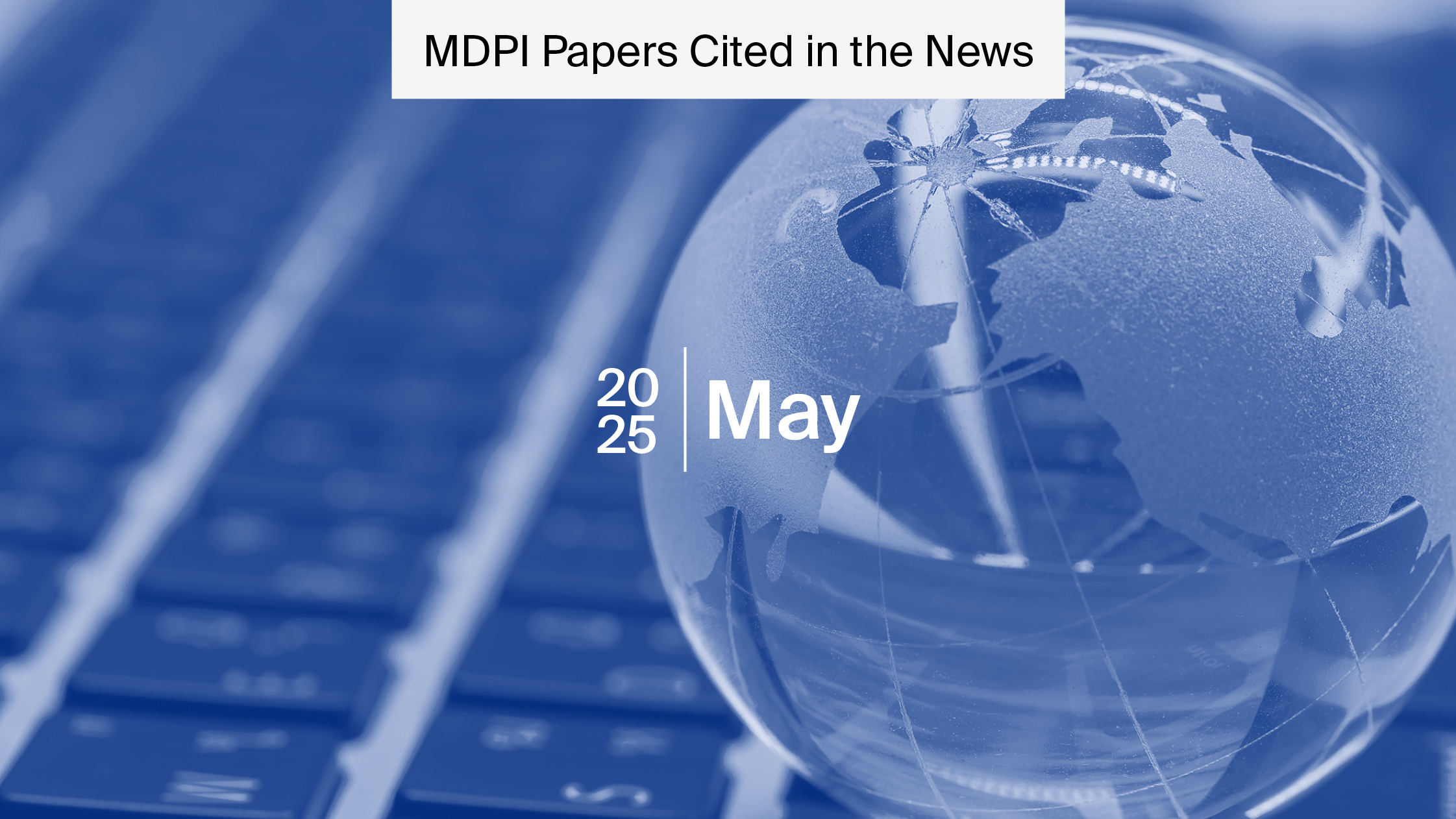
What is the Barcelona Declaration on Open Research Information?
Data in the form of analytics and indicators are growing increasingly important when measuring productivity and setting priorities in academia. Because we’re relying on data for such important decisions, there has been a call by members of the research community to make open and transparent research information the norm. This is what the Barcelona Declaration on Open Research Information, released on 16 April 2024, seeks to address.
Overall, the Declaration supports the global movement towards open science by encouraging a transition towards open and transparent information.
We attended the official launch webinar on 23 April, which included an introductory presentation, statements from signatories, a perspective on diversity, and next steps.
In this article, we are going to break down the specifics of the Declaration. This will include what research information is, why we need openness, an analysis of the Declaration’s contents, and also its next steps.
What is research information?
The Declaration homepage defines research information as metadata associated with the conduct and communication of research. These data are often stored in bibliographic databases, software archives, data repositories, and research information systems. Examples include:
- Bibliographic data such as titles, abstracts, references, author data, affiliation data, and data on publication venues.
- Metadata on research software, research data, samples, and instruments.
- Information on funding and grants.
- Information on organisations and research contributors.
Open research information, therefore, is metadata that are free to access and free of restrictions on reuse. Ideally, metadata will adhere to FAIR guidelines (findability, accessibility, interoperability, and reproducibility) whenever suitable.
Practically, this would include establishing standardised protocols, ensuring metadata are deposited in widely used repositories, applying Creative Commons CC0 waivers (in which creators give up copyright and put work into the worldwide public domain), using infrastructure with standards and open interfaces, and maintaining transparency.
Why do we need open research information?
In the webinar, Luda Waltman, Professor of Quantitative Science Studies at Leiden University, explained the current state of research information.
Metadata are used during the assessment of researchers and institutions and for priority setting in organisations. These decisions determine the careers of researchers, the future of research organisations, and ultimately how science functions.
However, many data are locked inside proprietary infrastructures, with restrictions on use and access. Often, these infrastructures translate data into metrics and hide the raw data from the public. Also, many of the leading data infrastructures are based in Western Europe and North America and contain biases against less privileged languages, geographical regions, and research agendas.
Therefore, lots of open science monitoring and incentivising are paradoxically based on closed data. Fair assessment, Waltman argues, requires transparency. Open science requires open research information.
Ensuring research information is open ensures that all stakeholders can fully access the information that is relevant to them. This means decision makers can use all available metadata and use diverse perspectives to understand the issues at hand. This benefits both those assessing and those being assessed.
Barcelona Declaration
The Barcelona Declaration on Open Research Information is a community initiative that emerged from a workshop with over 25 experts interested in changing the research landscape. The experts represented organisations that carry out, fund, and evaluate research and provide infrastructures.
The Declaration revolves around four commitments:
- We will make openness the default for the research information we use and produce.
- We will work with services and systems that support and enable open research information.
- We will support the sustainability of infrastructures for open research information.
- We will support collective action to accelerate the transition to openness of research information.
Let’s explore these aims in more detail.
Responding to calls for openness
The Barcelona Declaration builds upon other movements and agreements and seeks to build a community around open research information.
The UNESCO Recommendations on Open Science explain that open science should be “supported by open non-proprietary and transparent infrastructures”.
Similarly, the Plan S guidelines require that articles must include high-quality metadata in a standard interoperable non-proprietary format, under CC0 public domain dedication. As such, cOAlition S has expressed support for the Barcelona Declaration.
cOAlition S refers to a group of research funding organisations supported by the EU. It is built around Plan S, which aims at “making full and immediate Open Access a plan”. Click here if you want to learn more about Open Access in the EU.
The impulse behind these and other examples is to move away from the dominant models that depend on closed data. This is already occurring, with the growth of platforms like DOAJ and Crossref, but the Declaration represents an active call to come together and consolidate this movement.
Working together
In the webinar, Cameron Neylon, Professor of Research Communications at the Centre for Culture and Technology at Curtin University, explained that the second commitment, to him, is what sets the Declaration apart.
- We will work with services and systems that support and enable open research information.
Commitment 2 is “putting at the heart of what we do … the choices we make on the services we use … [and] that we expect open research information to be part of that conversation, part of what we are purchasing, part of what we are supporting”.
The Declaration aims to express a change in expectations and preferences from researchers. Signatories are signing up to work towards these commitments and begin the conversation about how we can put them into action collectively. And to hold organisations and infrastructures accountable for their transparency.
Accordingly, the Declaration recommends no protocols yet. Its commitments revolve around establishing their values. For now, bringing the community together to begin making suggestions and working on how we can make openness the norm is the goal.
Diversity and inclusivity
In the webinar, Laura Rovelli, Coordinator of the Latin American Council of Social Sciences, explored how open research information must also be diverse and inclusive.
She outlined the biases in the current mainstream sources of metadata, which are based in Western Europe and North America, and how they tend to make the science produced in other regions, particularly the Global South, less visible.
Openness allows us to recognise these biases and actively pursue a greater range of sources for information. This can help expand the thematic, geographical, and linguistic scope of research information.
The Declaration specifically explains that “decision making can take full advantage of all available information and can be based on a diversity of perspectives and an inclusive understanding of the issues at stake”.
Diversity and inclusion are vital for ensuring decision making is fair. Openness is an important first step for achieving this. Rovelli and others collaborated in an article exploring this topic in more detail if you want to learn more.
Next steps
As mentioned, the Barcelona Declaration currently does not recommend any protocols or standards.
Hence, the next steps include establishing a coalition that can help make it easier for organisations transitioning to open research information. The coalition would begin by establishing more specific recommendations and suggestions going forward.
For now, however, the speakers explained, the goal is community building: gaining signatures and bringing together the various advocates across the industry.
Opening science
A nice summary of the Barcelona Declaration comes from one of the original signatories, Paola Galimberti, Director of the Open Science Policy Division, University of Milan:
We want research information that is easy to understand, handle, and analyse, while ensuring our analyses maintain transparency and reproducibility.
Thankfully, we now have the necessary tools, processes, and determination to turn this vision into reality.
The original declaration for Open Access, the Budapest Open Access Initiative, is still referred to as a key moment in Open Access movement. It brought together advocates around a common aim and raised awareness once technological capabilities meant the vision could be realised.
Similarly, the Barcelona Declaration is an important moment for open science. Now that we have the technological capabilities, the Declaration recognises the desire in research information for openness and has initiated the first steps in bringing supporters together to implement change.
We’re dedicated to giving you all the information you need to understand Open Access. Click here for our article, All You Need to Know About Open Access, which covers a range of topics that can help boost your understanding and also keep you up to date.










